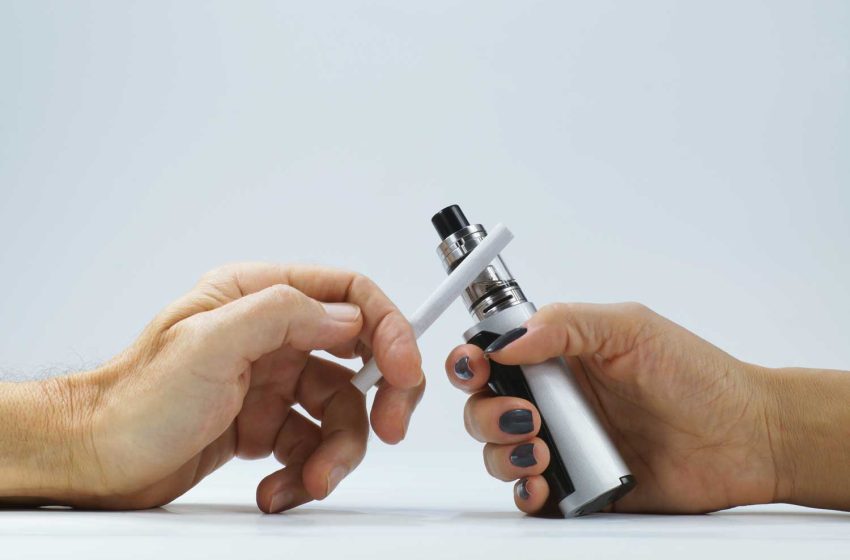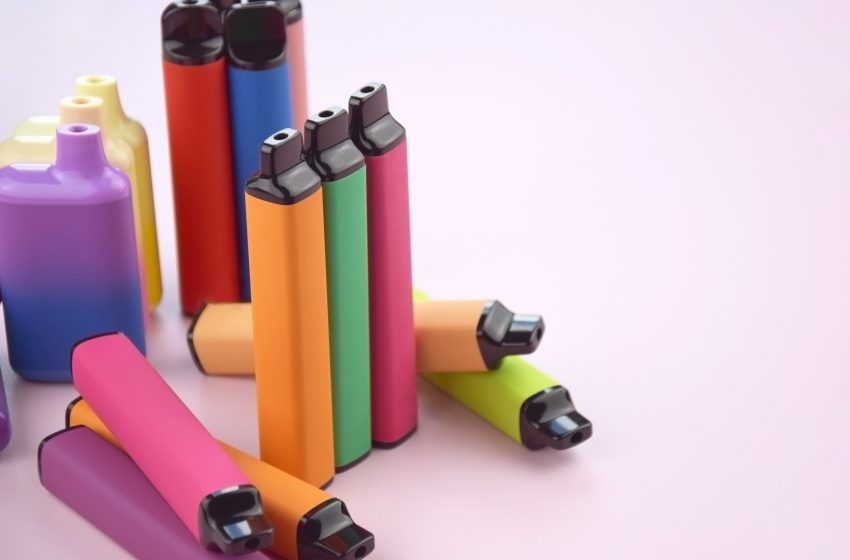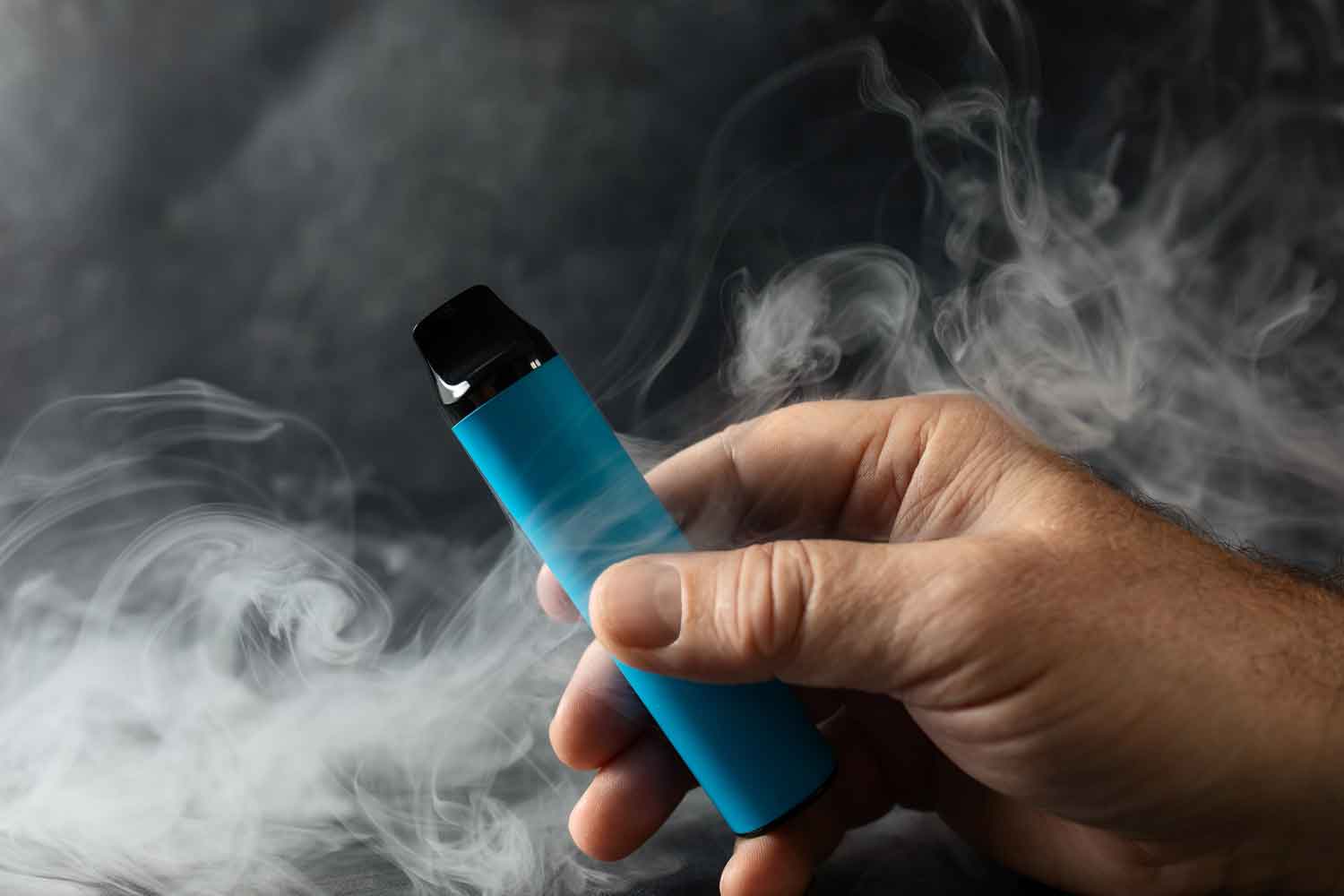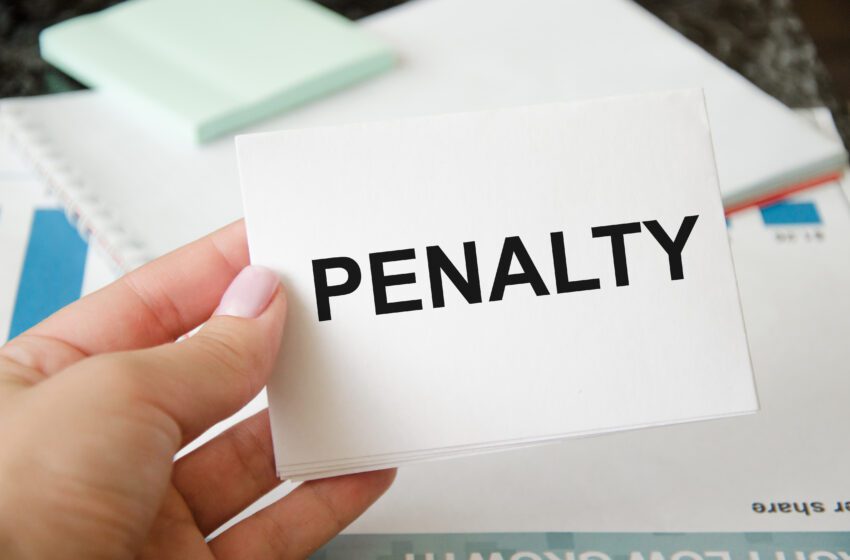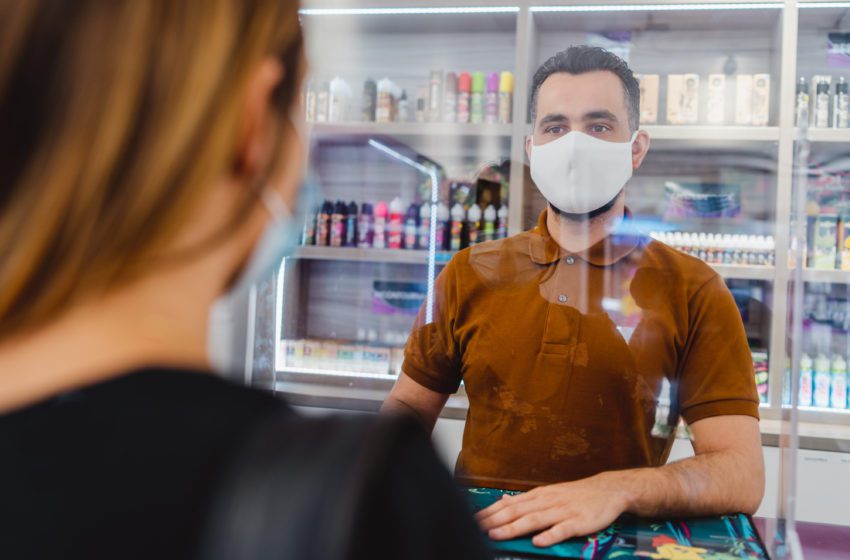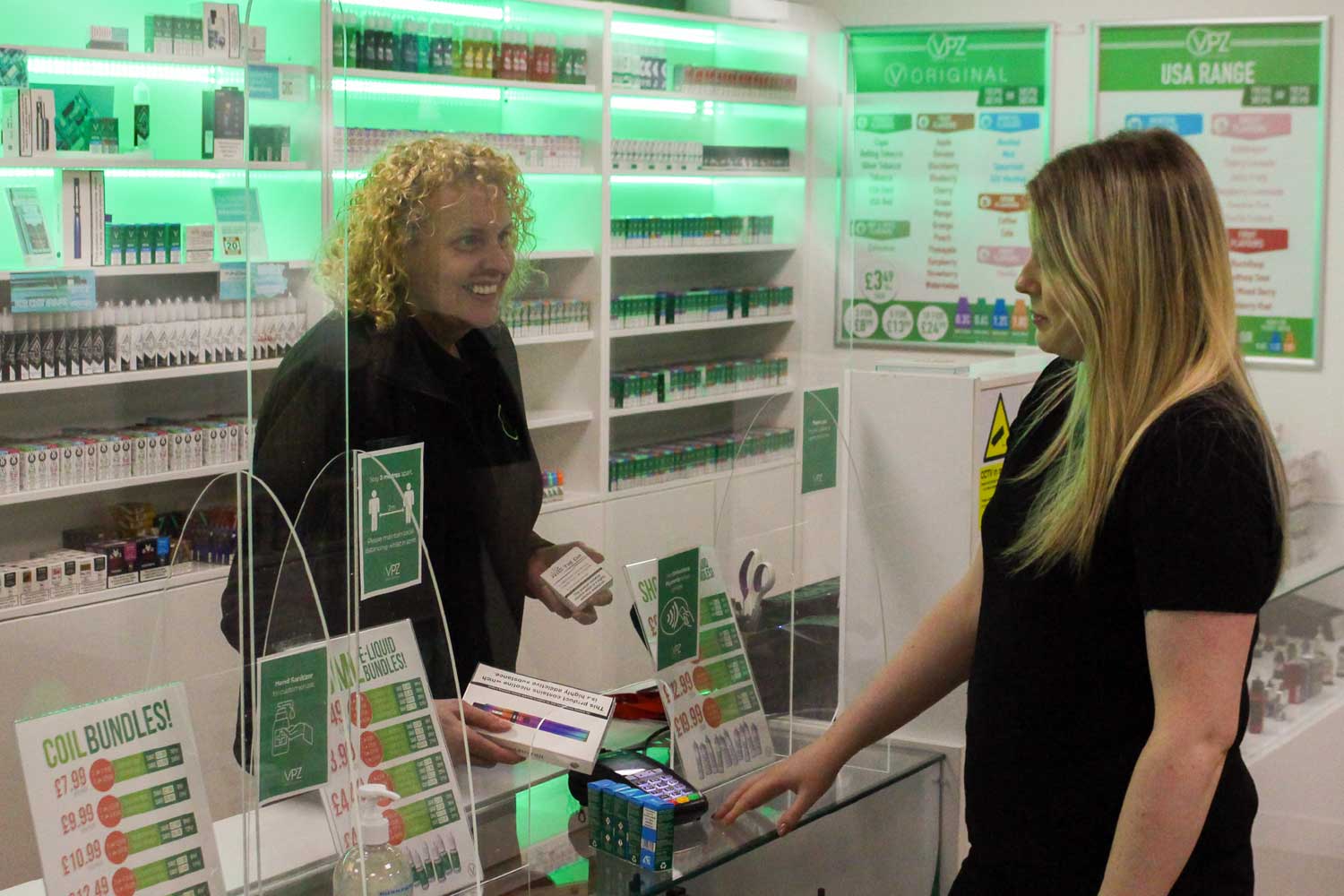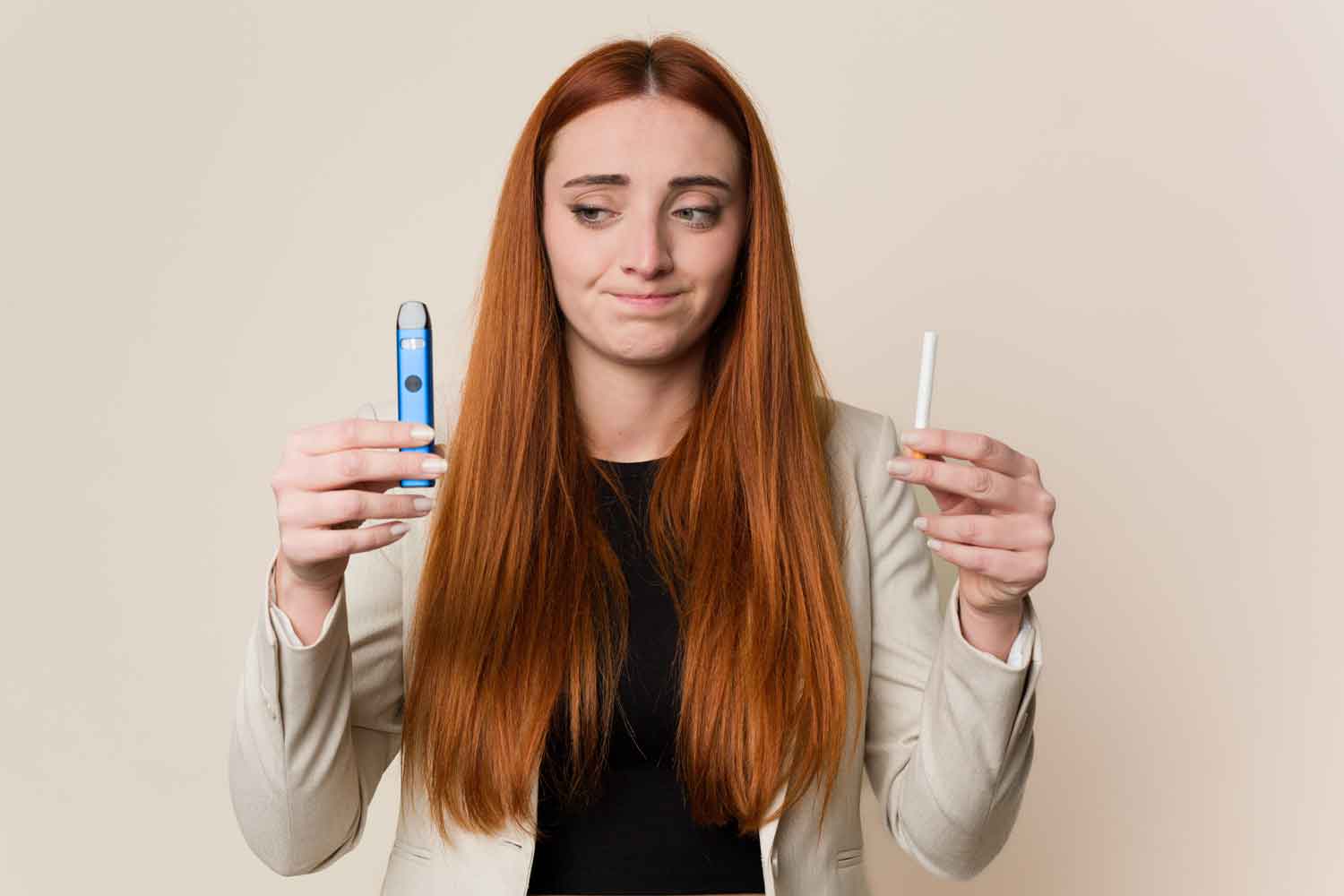
Harm perceptions of e-cigarettes have worsened substantially over the last decade among adult smokers in England, according to a study published by Jama Network Open.
In 2023, most adults who smoked believed e-cigarettes to be at least as harmful as cigarettes. The timing of the changes in harm perceptions coincided with the e-cigarette, or vaping product, use-associated lung injury outbreak in 2019 and the recent increase in youth vaping in England since 2021.
Researchers collected data from 28 393 adult smokers. In November 2014, 44.4 percent thought e-cigarettes were less harmful than cigarettes, 30.3 percent thought e-cigarettes were equally harmful, 10.8 percent thought they were more harmful, and 14.5 percent said they did not know.
However, by June 2023, the proportion who thought e-cigarettes were less harmful had decreased by 40 percent, and the proportion who thought e-cigarettes were more harmful had more than doubled.
Changes over time were nonlinear: late 2019 saw a sharp decline in the proportion who thought e-cigarettes were less harmful and increases in the proportions who thought they were equally or more harmful. These changes were short-lived, returning to pre-2019 levels by the end of 2020.
However, perceptions worsened again from 2021 up to the end of the study period: the proportion who thought e-cigarettes were more harmful increased to a new high, and the proportion who thought e-cigarettes were less harmful decreased to levels comparable to those in late 2019.
As a result, in June 2023, the perception that e-cigarettes were equally as harmful as cigarettes was the most commonly held view among adults who smoke, with roughly similar proportions perceiving e-cigarettes to be less and more harmful.

